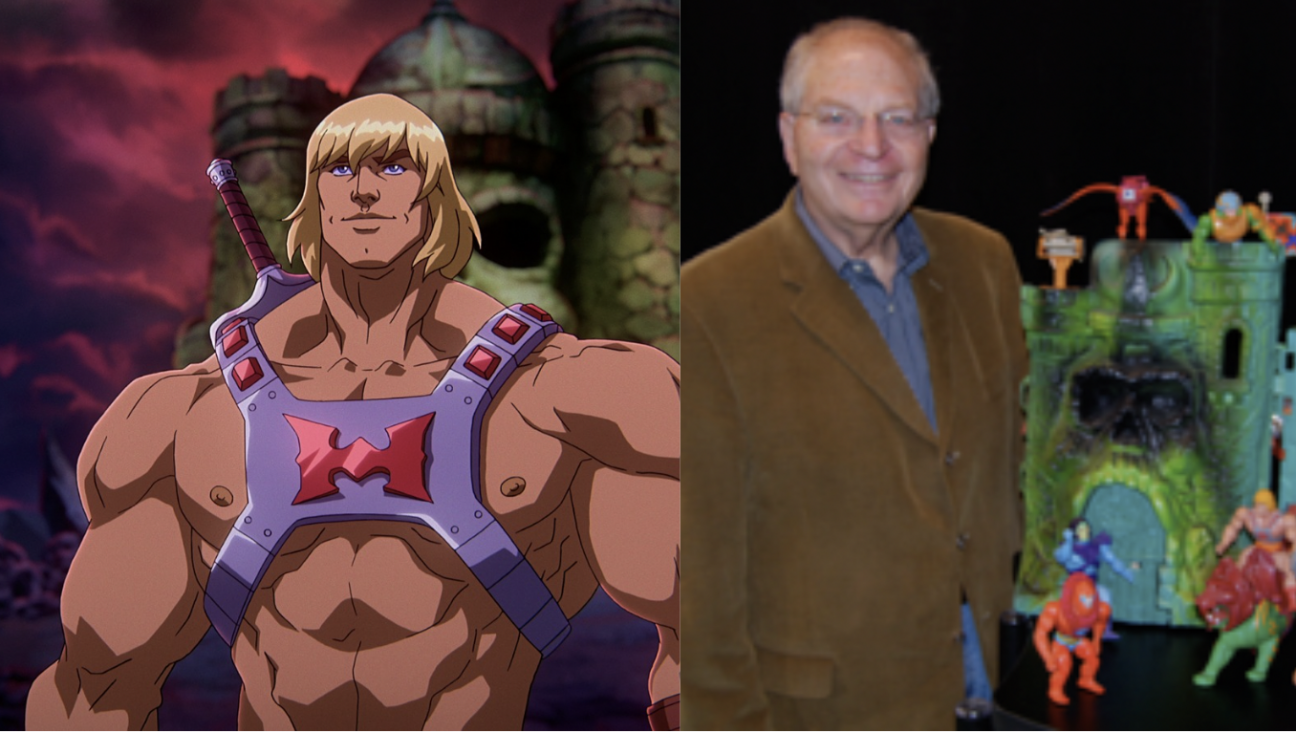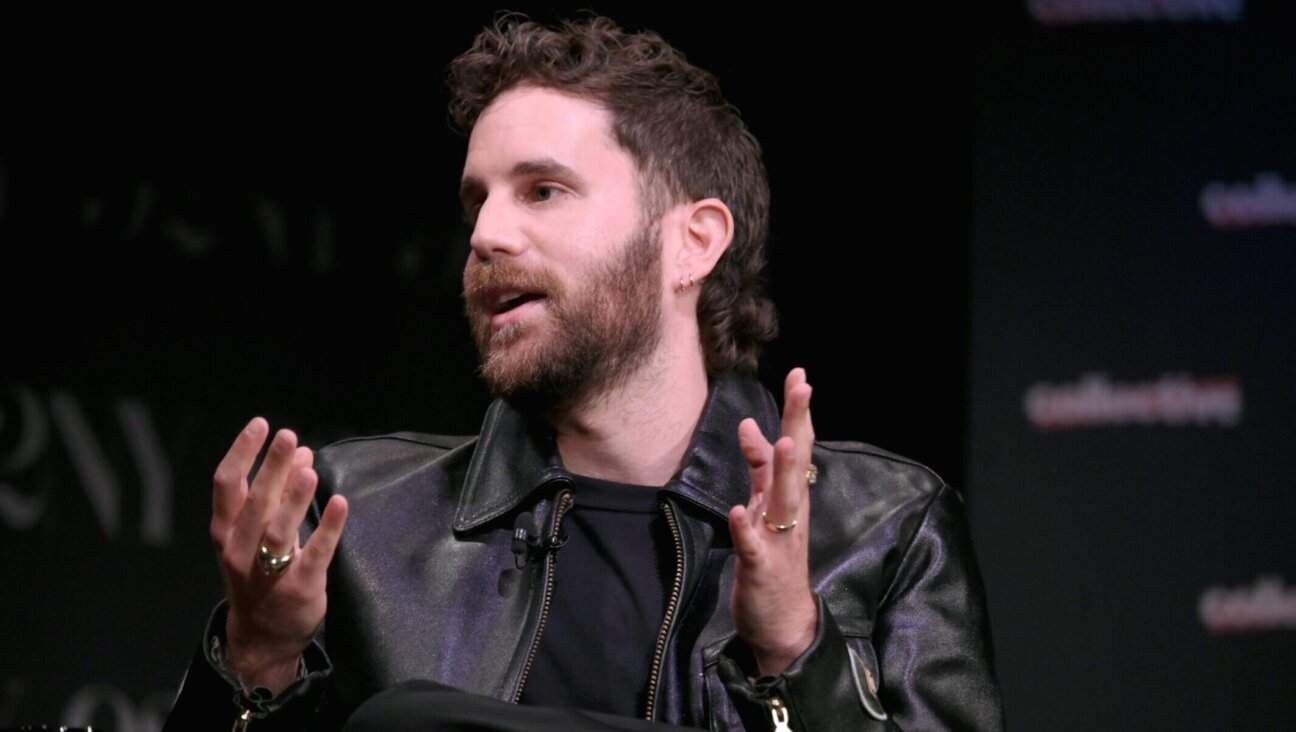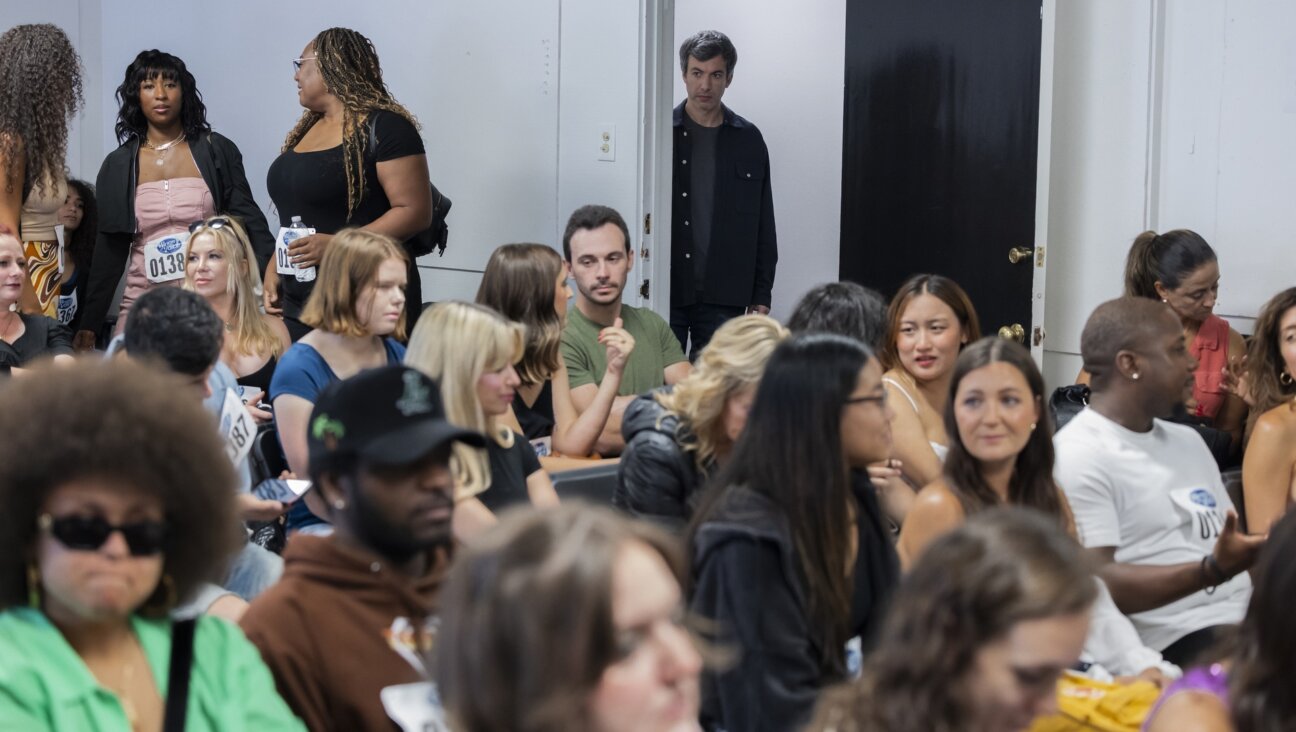Remembering Poet and Translator Michael Hamburger
Michael Hamburger, poet and translator, died June 7 at the age of 83.
He was born Michael Peter Leopold Hamburger, in Berlin in 1924, to Richard Hamburger, a Jewish pediatrician, and Lili Hamburg, a Polish Quaker, daughter of an eminent family of bankers. In 1933, when Hitler assumed the chancellorship, the Hamburgers left first for Edinburgh, then London.
Hamburger’s first book, published in 1943, was a translation of German poet Friedrich Hölderlin; he would later translate from the French, as well. Despite Hamburger’s own poems and prose — encompassing numerous collections; the critical “The Truth of Poetry,” which exalted, while it examined, reticence and gesture, and a wonderfully oblique memoir in two editions — his artist’s ego would be bruised by such talent at translation. Rendering the words of others into another language, though, should be no sad consolation — in this cold and fameless discipline, Hamburger was unmatched: There is no translation, it might be said, for his achievement in translation.
From Hölderlin, through his acclaimed work on Johann Wolfgang von Goethe and Rainer Maria Rilke, to his final translations, those of the poems of his friend W.G. Sebald, Hamburger was not only excellent but also influential. His versions had and have an influence perhaps second only in the “mug’s game,” as he called it, of Englishing German to the posterity of the work of friends Edwin and Willa Muir, famous and early translators of Franz Kafka. This influence is especially evident in Hamburger’s work on Paul Celan.
Hamburger was at his most necessary in his translations of Celan, and almost all other Celan translations will be found wanting in comparison. John Felstiner often Judaizes this poet, whose religious ambivalence is paramount, and deepening. Pierre Joris often translates more exactingly than exactly, reproducing German compounds that inorganically complicate the English.
Hamburger’s fellow exile — Celan was born in Czernowitz, now Ukraine, and ended his life a suicide in Paris — achieved his posterity through and in translation. From a murderous German, Hamburger created a reticent and quieter English Celan: a poet who would become canonized, in the Anglo-American world that then as now was preoccupied with aesthetic inquiry into the Holocaust, as the foremost, if unwilling, laureate of that catastrophe. In Hamburger’s selfless hands, Celan would, ultimately, be re-created as the foremost “last poet” of Jewish Europe.
Far from serving one poet, though, or the two masters of translation and his own poetic work, Hamburger served a nearer and greater purpose: His work in every discipline helped to establish a Jewish and European poetics that encompassed the Holocaust by exchanging German memory for English future, in language whose ambivalence, not just political or religious but turned inward, private, lasts until today not only in modern poetries but also in our modern souls.
Here, then, is an epigraph of that shared culture, and perhaps an epitaph for Hamburger, from his translation of Celan’s 1970 collection, “Lichtzwang”:
The eternities struck
at his face and
past it,slowly a conflagration extinguished
all candled things,a green, not of this place,
with down covered the chin
of the rock which the orphans
buried and
buried again.“Lichtzwang” courtesy of Persea Books.
Joshua Cohen is a literary critic for the Forward.
The Forward is free to read, but it isn’t free to produce

I hope you appreciated this article. Before you go, I’d like to ask you to please support the Forward.
Now more than ever, American Jews need independent news they can trust, with reporting driven by truth, not ideology. We serve you, not any ideological agenda.
At a time when other newsrooms are closing or cutting back, the Forward has removed its paywall and invested additional resources to report on the ground from Israel and around the U.S. on the impact of the war, rising antisemitism and polarized discourse.
This is a great time to support independent Jewish journalism you rely on. Make a Passover gift today!
— Rachel Fishman Feddersen, Publisher and CEO
Most Popular
- 1

News Student protesters being deported are not ‘martyrs and heroes,’ says former antisemitism envoy
- 2

Opinion My Jewish moms group ousted me because I work for J Street. Is this what communal life has come to?
- 3

News Who is Alan Garber, the Jewish Harvard president who stood up to Trump over antisemitism?
- 4

Fast Forward Suspected arsonist intended to beat Gov. Josh Shapiro with a sledgehammer, investigators say
In Case You Missed It
-

Culture ‘Shtisel’ star Sasson Gabay is happy to be back playing a complex haredi Orthodox Jew in ‘Kugel’
-
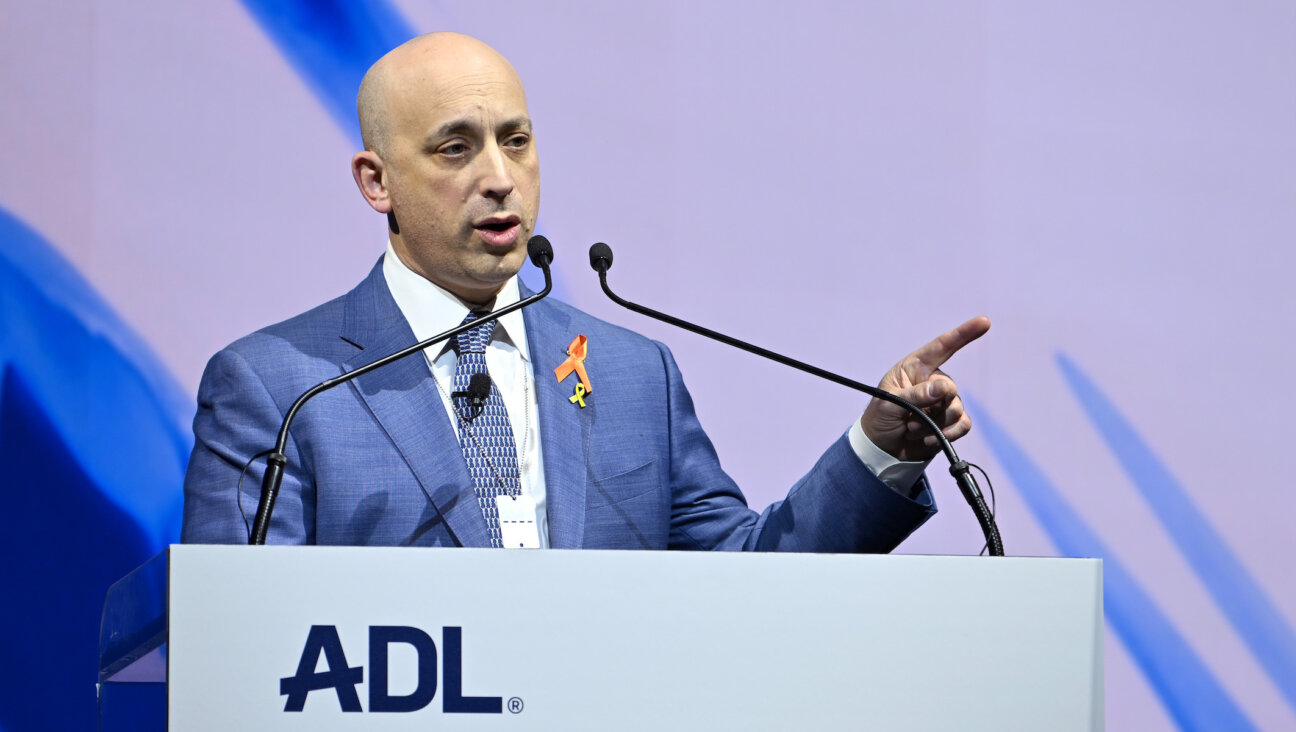
Fast Forward Noa Argamani, ADL’s Jonathan Greenblatt among over a dozen Jews on 2025 TIME 100 list
-
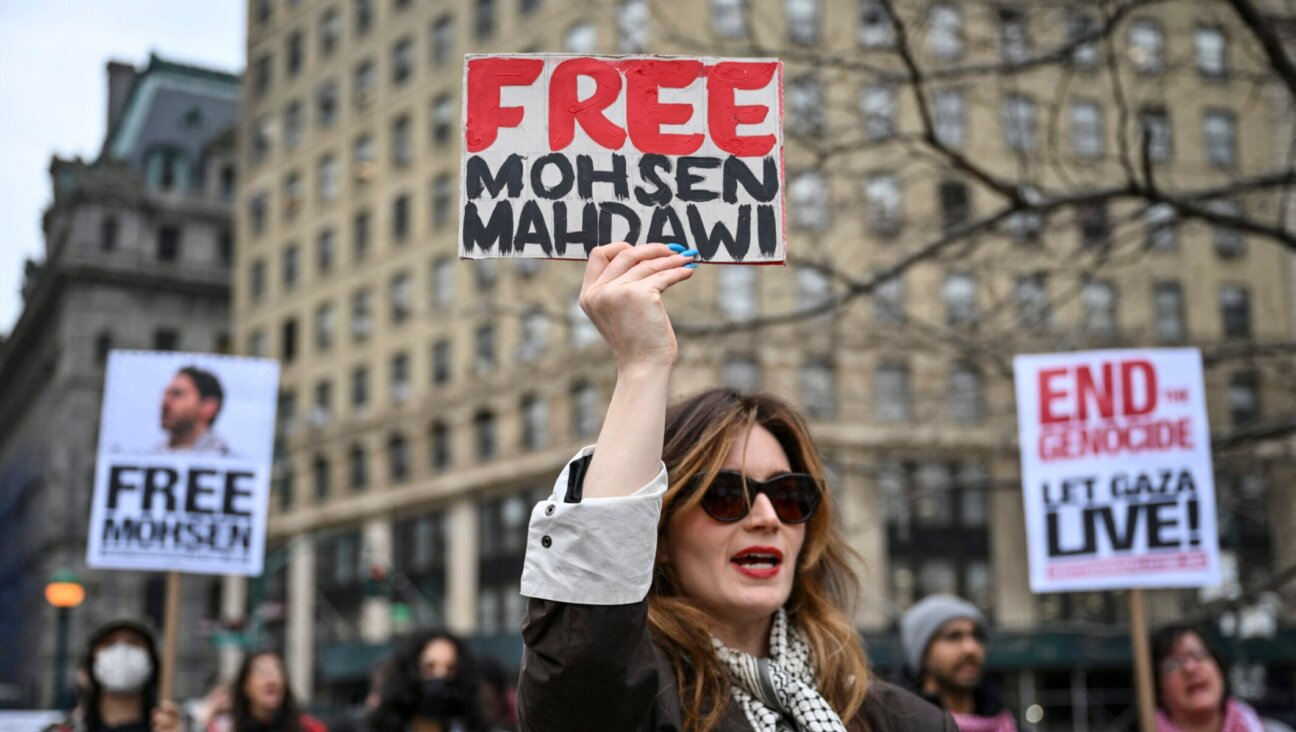
Fast Forward US claims Mohsen Mahdawi’s activism could ‘potentially undermine’ prospect of peace in Gaza
-
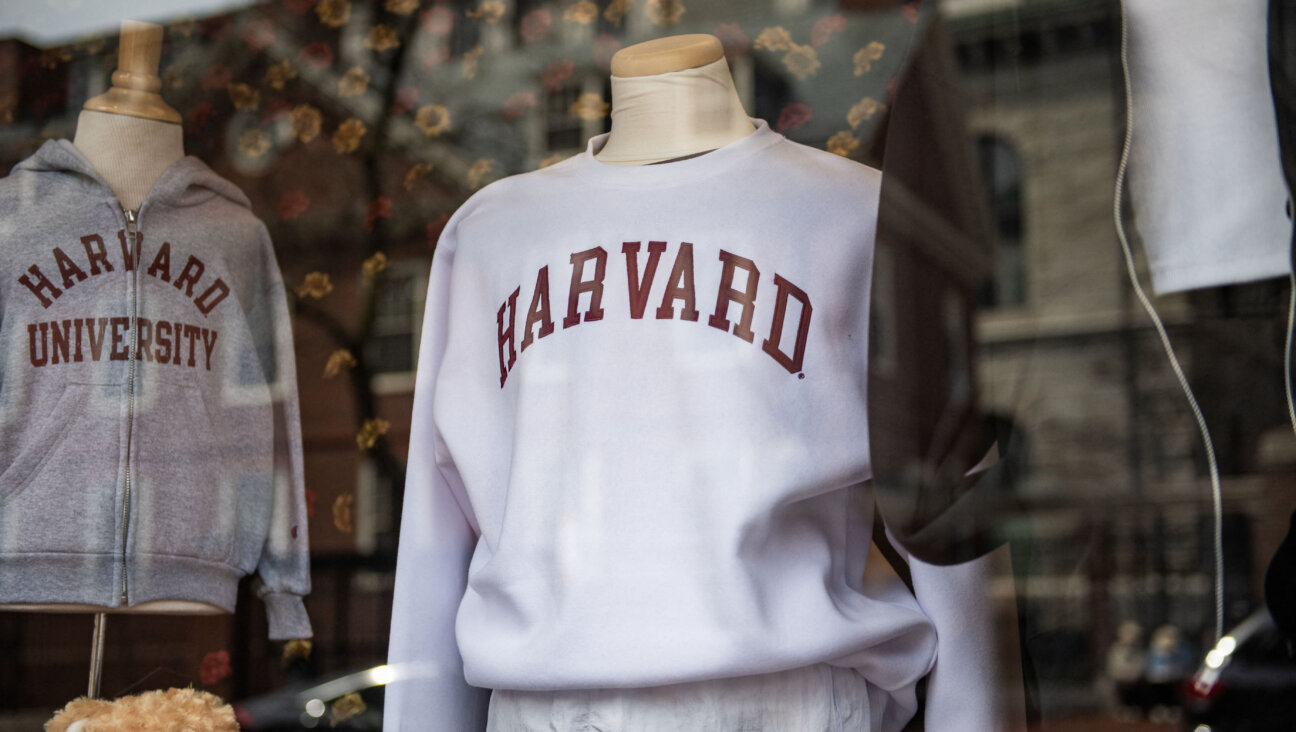
Opinion What Jewish university presidents say: Trump is exploiting campus antisemitism, not fighting it
-
Shop the Forward Store
100% of profits support our journalism
Republish This Story
Please read before republishing
We’re happy to make this story available to republish for free, unless it originated with JTA, Haaretz or another publication (as indicated on the article) and as long as you follow our guidelines.
You must comply with the following:
- Credit the Forward
- Retain our pixel
- Preserve our canonical link in Google search
- Add a noindex tag in Google search
See our full guidelines for more information, and this guide for detail about canonical URLs.
To republish, copy the HTML by clicking on the yellow button to the right; it includes our tracking pixel, all paragraph styles and hyperlinks, the author byline and credit to the Forward. It does not include images; to avoid copyright violations, you must add them manually, following our guidelines. Please email us at [email protected], subject line “republish,” with any questions or to let us know what stories you’re picking up.





